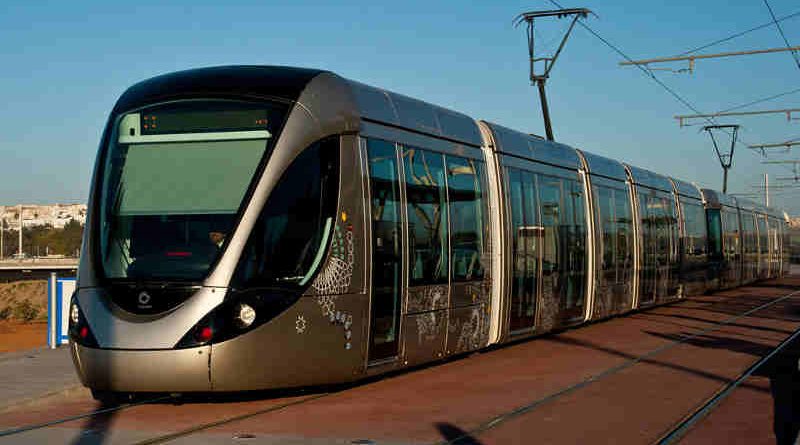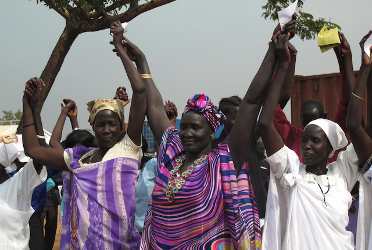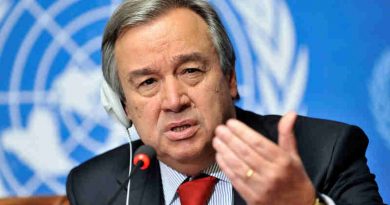Is the World Ready to Deal with Transport Challenges?

The first-ever global conference on sustainable transport takes place this weekend in Turkmenistan. It will bring together representatives from the United Nations (UN), governments, the private sector and civil society to set new directions for global transport efforts.
According to the UN, sustainable transport brings numerous challenges. For example, the transport sector is responsible for about one quarter of greenhouse gas emissions. Also, more than 1.25 million are killed annually in road traffic accidents – sadly to say that 90 per cent [of these] happen in developing countries.
These facts were revealed Friday by the UN Under-Secretary-General for Economic and Social Affairs, Wu Hongbo in the Turkmen capital of Ashgabat, ahead of the start of the Global Sustainable Transport Conference taking place on November 26 – 27, 2016.
[ Future of Transport: Solar Roads and Solar Vehicles ]
According to the UN Department of Economic and Social Affairs (DESA), which Mr. Wu heads and is organizing the event, sustainable transport and mobility are crucial for sustainable development.
He noted that adequate transport infrastructure and affordable transport services are still lacking globally, which has serious negative impacts on public health and well-being, living conditions and climate change.
The furthering of sustainable transport and the establishment of affordable, economically viable, socially acceptable and environmentally sound transport systems is expected to be a key part of discussions at the conference, which will also be attended by UN Secretary-General Ban Ki-moon.
[ Modi’s Demonetization Is Organized Loot, Says Dr. Manmohan Singh ]
The conference has its foundations in the outcome document of the UN Conference on Sustainable Development (Rio+20), held in the Brazilian city of Rio de Janeiro in 2012.
The document – a result of intergovernmental discussions on a range of sustainable development issues – stresses that transportation and mobility are central to sustainable development.
All modes of transport – road, rail, aviation, ferry, and maritime – will be addressed at the Ashgabat gathering, including in both developed and developing countries, as well as in landlocked and transit countries.
The concerns of developing countries, including least-developed countries, landlocked developing countries and small island developing states, will receive particular focus.
The issues in focus at the conference were recently highlighted in Quito, Ecuador, during the UN Conference on Housing and Sustainable Urban Development (Habitat III), which culminated in the adoption of a New Urban Agenda, with strong elements of sustainable transport.
While no outcome document is expected at the conclusion of the Ashgabat conference, the Secretary-General has encouraged all UN Member States and other stakeholders to register commitments and partnerships for sustainable transport, through the conference website.
Already, according to the UN, commitments to make transport more sustainable have been registered from governments and private partners from a number of countries, including the United States, India, Pakistan, Bangladesh, Australia, and Asia and Pacific Ocean countries.






